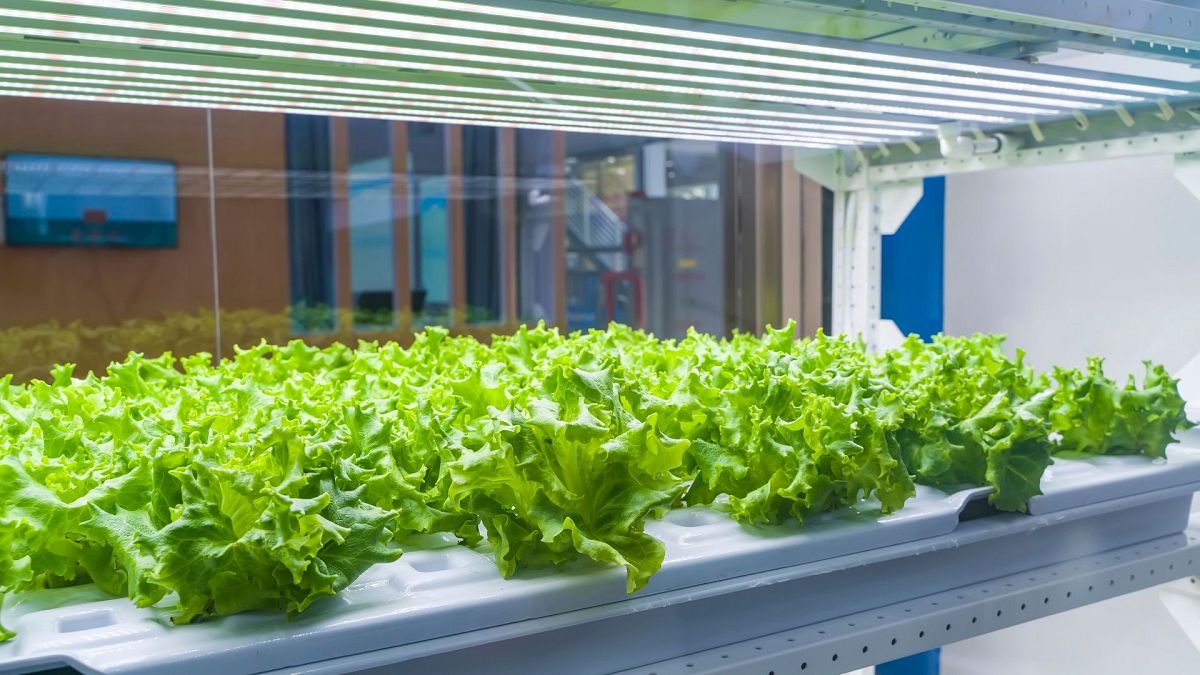I work with college students and I see something similar. Their online social lives and experiences are as real and compelling to them as their real world interactions. They don't see it as two different worlds. It's all one seamless life to them.
I think your questions about the outcomes of genetic engineering are quite interesting. Right now I don't have a strong feeling for how possible genetic engineering will turn out to be. On the one hand, biology is orders of magnitude more complicated than chemistry or physics. On the other hand, people have been dreaming about being able to control their own bodies probably for as long as there have been people. If it's doable then it probably will be done. My guess is that it probably won't turn out to be doable to the degree or in the exact ways that people today are hoping for. And it's possible that someone will make a terrible mistake that turns everyone against genetic engineering entirely.
Mental illness is quite a huge topic. And we are so very ignorant about how our brains work and how genes work. I'm skeptical (I know you are surprised!) that things like depression or anxiety could be removed because they seem to be epigenetic in nature. It would probably be a lot simpler and less expensive to try to make sure that children have enough food to eat, safe homes to live in, and well adjusted caregivers. That's not sexy or sci-fi though.
I would not be surprised if it turns out that we've already reached the high water mark of human technology instead of this time being right before the exponential curve goes straight up.
Abe




Comment